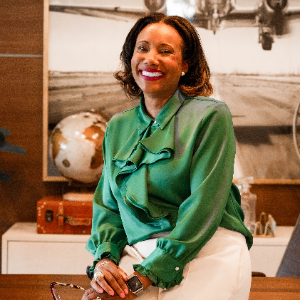Why Foundational Skills Still Matter
Sep 15, 2025
Everywhere we turn, the buzz is about AI and technical skills. It’s tempting to believe that mastering the latest tool or coding language will be the surest way to future-proof a career. But recent research from Harvard Business Review reminds us of something critical: it’s not just the technical know-how that determines success, it’s the foundational skills—collaboration, problem-solving, adaptability, and communication—that raise the ceiling on how far we can grow.
As a leadership and executive coach, I see this play out daily. Teams and leaders often believe success lies in acquiring more certifications or learning the “next big thing.” Yet the professionals who accelerate their careers, navigate transitions with confidence, and remain resilient amid disruption are those who have mastered the basics of working well with others, thinking critically, and staying flexible.
Think about it: the half-life of technical skills is shrinking—what’s hot today can be irrelevant tomorrow. But the ability to adapt, to communicate across generations, to solve complex problems collaboratively? Those are timeless. They knit together teams, keep organizations agile, and help individuals stay relevant regardless of the latest tech shift.
And this is especially true in our multi-generational workplaces. Younger professionals entering the workforce may bring fresh technical expertise, while seasoned professionals bring context, judgment, and experience. The bridge between them isn’t more technology—it’s the shared ability to connect, communicate, and collaborate effectively. That’s where career acceleration really happens.
For leaders, the takeaway is clear: don’t just hire for hard skills—hire and develop for foundational strengths. For professionals at every stage, investing in these skills is not optional; it’s the differentiator that will help you grow faster, lead stronger, and remain future-ready.
In short: AI may reshape the “what” of work, but foundational skills will always define the “how.” And in the long run, it’s the “how” that determines how far we climb.

